

Managing audits and compliance in the cybersecurity landscape is a complex and meticulous process. When done manually, it can be incredibly cumbersome, error-prone, and time-consuming. In a previous blog, we explored various facets of Compliance Audit Management.
In this blog, we will explore the challenges of manual audit and compliance management and how automation can significantly streamline the process, enhancing efficiency and accuracy.
The Challenges of Manual Audit and Compliance Management
Identifying Necessary Regulations, Standards, and Frameworks
Manually identifying and keeping track of applicable regulations and standards is daunting, especially with frequent updates and changes. It requires constant vigilance and manual research, increasing the risk of non-compliance.
Creating a Unified List of Controls
Manually consolidating various compliance requirements into a unified list of controls can be labor-intensive and error-prone, leading to potential gaps in compliance.
Preparing the Audit Calendar
Crafting an audit calendar manually involves coordinating multiple schedules, which can be inefficient and prone to human error. This can result in missed deadlines and disorganized audits.
Preparing Evidence Lists
Gathering and organizing evidence manually is a significant challenge. It involves sifting through vast amounts of data and documentation, which is time-consuming and increases the risk of overlooking critical information.
Engaging with Internal and External Stakeholders
Manually coordinating with stakeholders involves numerous emails, meetings, and follow-ups. This can be inefficient and lead to communication gaps.
Preparing for Internal and External Audits
Manual preparation for audits requires meticulous attention to detail and extensive documentation. This can be overwhelming and prone to errors, leading to potential non-compliance issues.
Tracking Audit Observations
Manually tracking audit observations and ensuring that corrective actions are taken is labor-intensive. This can result in missed follow-ups and unresolved issues.
Conclusion
Managing audits and compliance manually in the cybersecurity domain is a complex and painful process, fraught with inefficiencies and risks. Automation can significantly alleviate these challenges by streamlining processes, reducing errors, and enhancing efficiency.
In the next blog, we will discuss how these challenges can be addressed by adopting automated audit and compliance management tools. By doing so, organizations can ensure robust cybersecurity practices, maintain regulatory compliance, and focus on their core business operations with greater confidence and peace of mind.

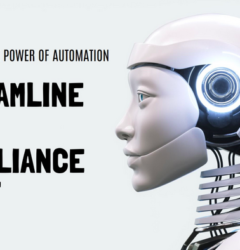
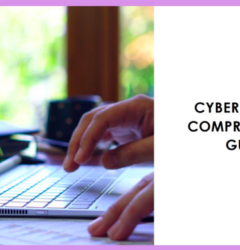
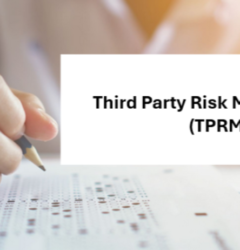
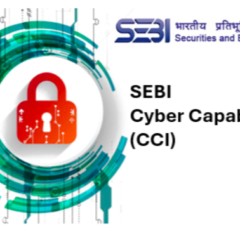
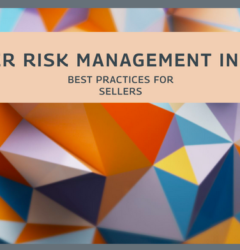

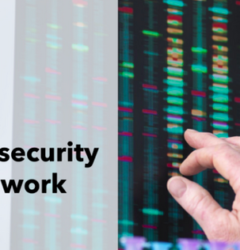

Recent Comments